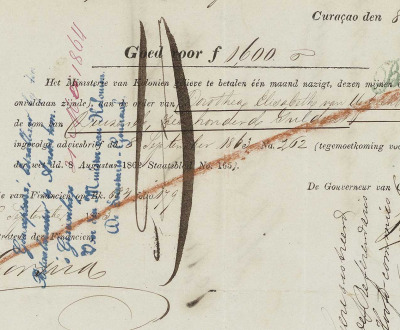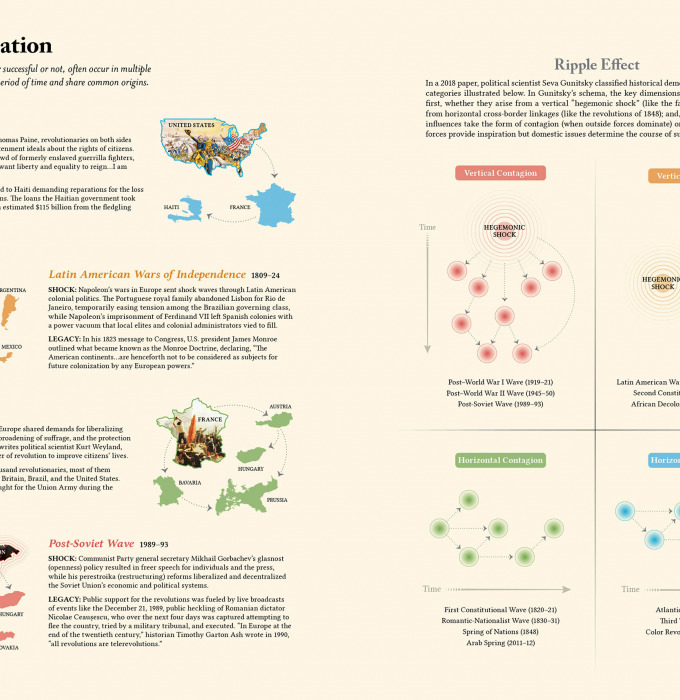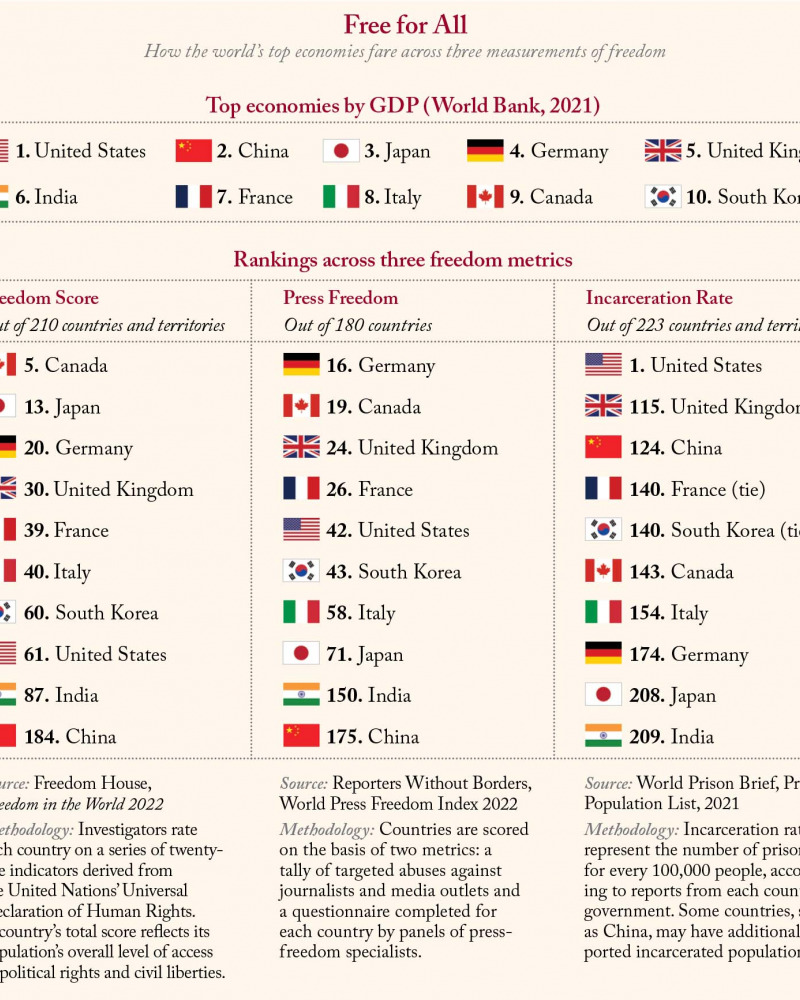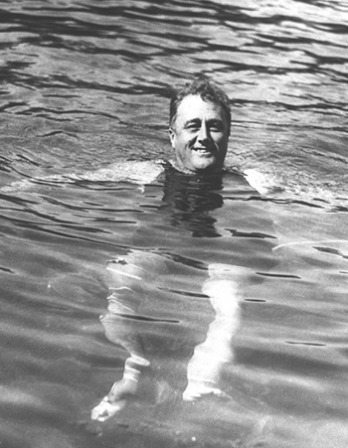
Dutch colonial promissory note to a former slaveholder, Suriname, 1863. Rijksmuseum.
VIEW:
Miscellany
After thousands of dockworkers went on strike in the Los Angeles area in 1923 and the Industrial Workers of the World called on workers in other industries to strike in solidarity, the police announced a ban on public meetings. Upton Sinclair organized a rally in response, saying, “We’re testing the right of the police to suppress free speech and assemblage.” As soon as he took the platform, a police captain threatened, “I’m taking you in if you utter a word.” Sinclair began reciting the First Amendment and, according to a longshoreman who was present, the captain promptly “grabbed the people’s novelist by the collar” and arrested him.
Ah! Freedom is a noble thing!
—John Barbour, 1375









